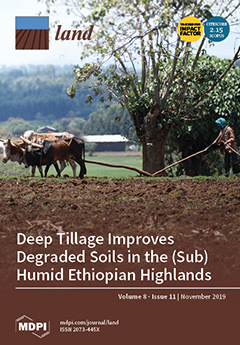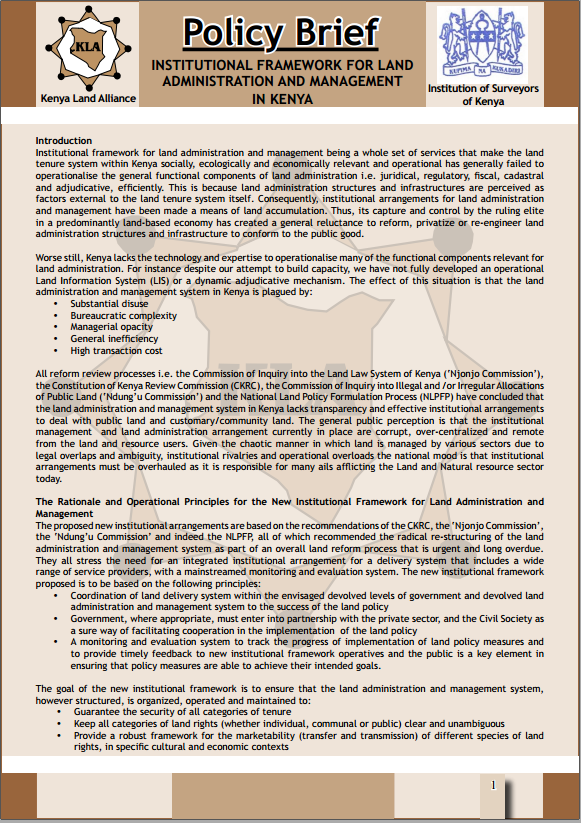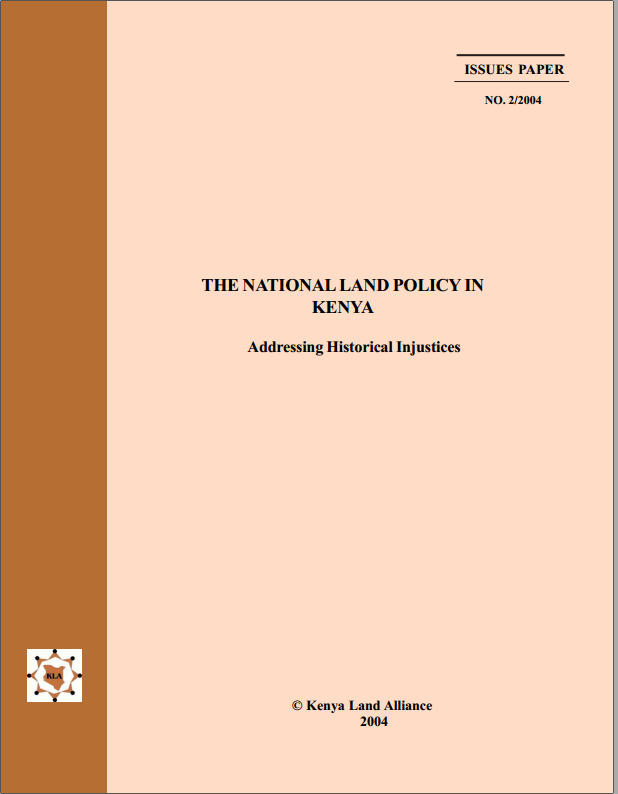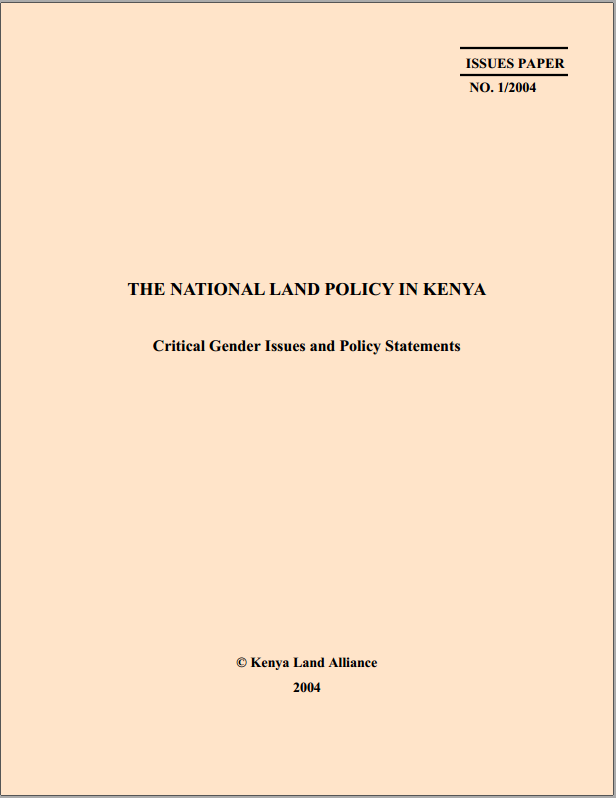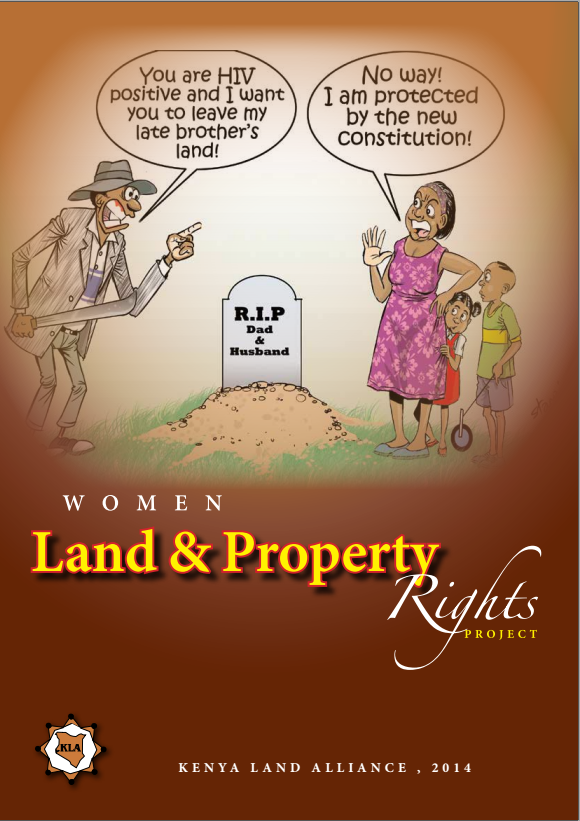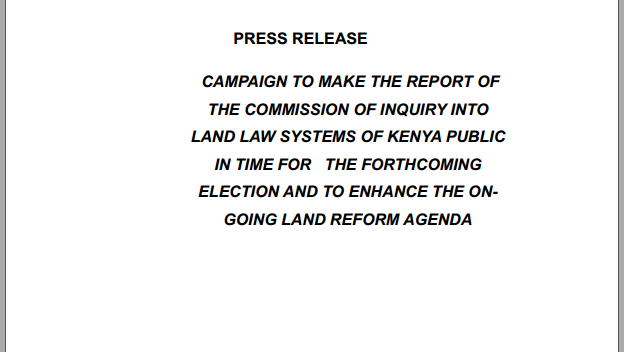Land Politics under Market Socialism: The State, Land Policies, and Rural–Urban Land Conversion in China and Vietnam
This paper undertakes a comparative analysis of rural-urban land conversion policies in China and Vietnam, and examines the ideology of the state in land policymaking under a market socialism environment. It argues that land policies in both countries include ambiguous boundaries, which allow the socialist state to legitimize its politico-administrative power in land management and retain strong intervention capacity in the land market.


